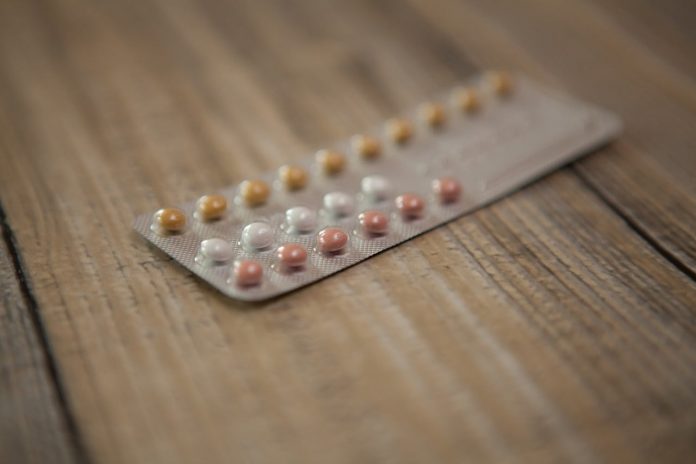
A new study recently confirmed women taking hormonal birth control pills are more likely to be diagnosed with depression.
The study from the University of Copenhagen looked at one million women over a 13-year-period, making it the largest study on the effects of contraceptives in history. Women taking the combined birth control pill containing estrogen and progestin had a 23% higher chance of being prescribed an antidepressant, while women on progestin-only contraceptives had a 34% higher chance than women not taking hormonal birth control. The numbers increase to 80% higher for combined pills and two times higher for progestin-only for adolescents prescribed birth control.
The study also suggests that they may be underestimating the link between birth control and depression as doctors are less likely to prescribe birth control to women already identifying as having or diagnosed with depression.
From the study, published in the Journal of American Medical Association:
"Use of hormonal contraception, especially among adolescents, was associated with subsequent use of antidepressants and a first diagnosis of depression, suggesting depression as a potential adverse effect of hormonal contraceptive use."
Other doctors have stated more research is necessary before declaring hormonal birth control unsafe.
“There is existing clinical evidence that hormonal contraception can impact some women’s moods," said Dr Ali Kubba, a fellow of the faculty of sexual and reproductive healthcare of the Royal College of Obstetricians and Gynecologists. "However, from this study there is no way of linking causation, therefore further research is needed to examine depression as a potential adverse effect of hormonal contraceptive use."
If you're concerned about depression and hormonal birth control, it's important to discuss your options with your doctor so you can make an informed choice together.




